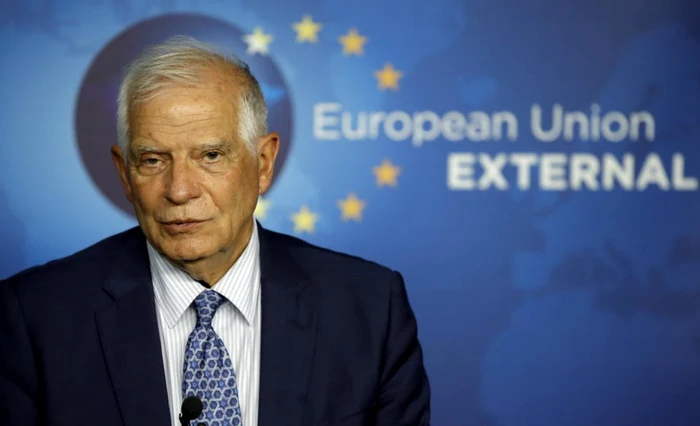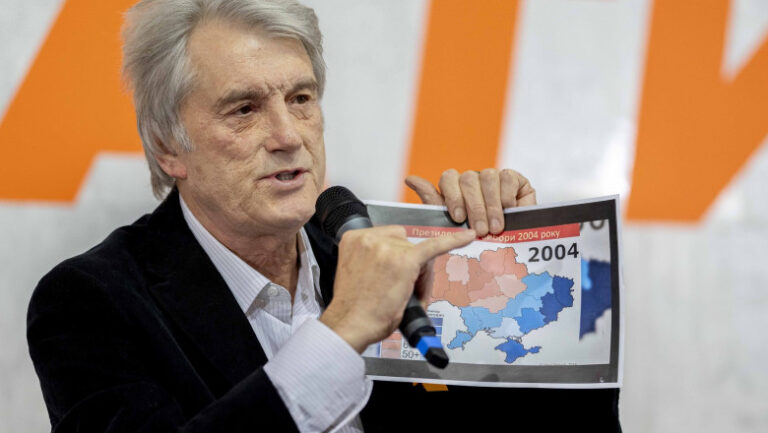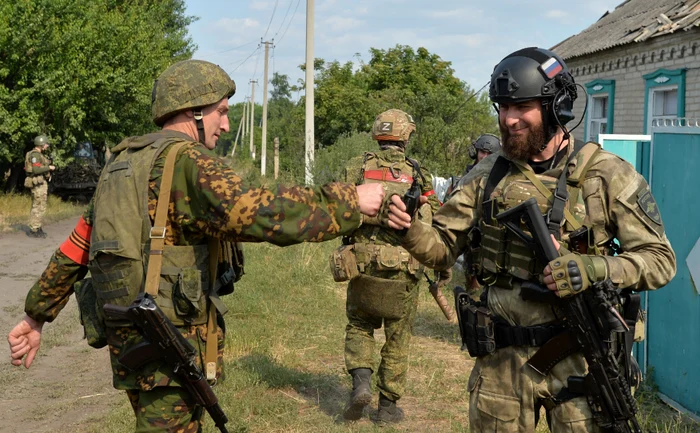
EU States Expected to Enforce ICC Arrest Warrant for Israeli PM Netanyahu
Josep Borrell, the head of European diplomacy, has declared that European Union (EU) states are obligated to enforce the arrest warrants issued by the International Criminal Court (ICC). These warrants target Israeli Prime Minister Benjamin Netanyahu, former Israeli Defense Minister Yoav Gallant, and Mohammed Deif, the head of the military wing of the Palestinian movement Hamas, for war crimes and crimes against humanity.
Signatory States Must Oblige
Josep Borrell emphasized that all signatory states of the Rome Statute, which includes all EU states, are obligated to implement the court’s decision. This statute is the founding act of the ICC. He added that this obligation is not optional and extends to countries aspiring to join the EU.
Accusations of Anti-Semitism Denied
Borrell, known for his critical stance towards Israel, stated that criticism of the Israeli government’s policies should not automatically be considered anti-Semitism. He mentioned that he has the right to criticize the decisions of any Israeli government, including that of Netanyahu, without being labeled anti-Semitic.
A Legal Decision, Not Political
Borrell expressed his disappointment with the deep divisions among EU member states in the face of the International Criminal Court’s decisions. He insisted that the decision to issue an arrest warrant for Netanyahu is a legal decision, not a political one, and does not contain any elements of anti-Semitism.
Resistance From Some EU Countries
Despite Borrell’s statements, some EU countries have indicated that they might not implement the arrest warrant. Hungarian Prime Minister Viktor Orban welcomed Netanyahu to visit Hungary, assuring him that he does not risk arrest. The German government also stated that it was “difficult to imagine” that it could arrest Netanyahu. This position, they explained, is a result of German history.
Conclusion
The arrest warrants issued by the ICC for Netanyahu and other Israeli and Palestinian leaders mark a significant development in international law enforcement. However, the willingness of EU states to enforce these warrants remains uncertain, highlighting the complexities of international relations and the influence of political dynamics on legal decisions.




